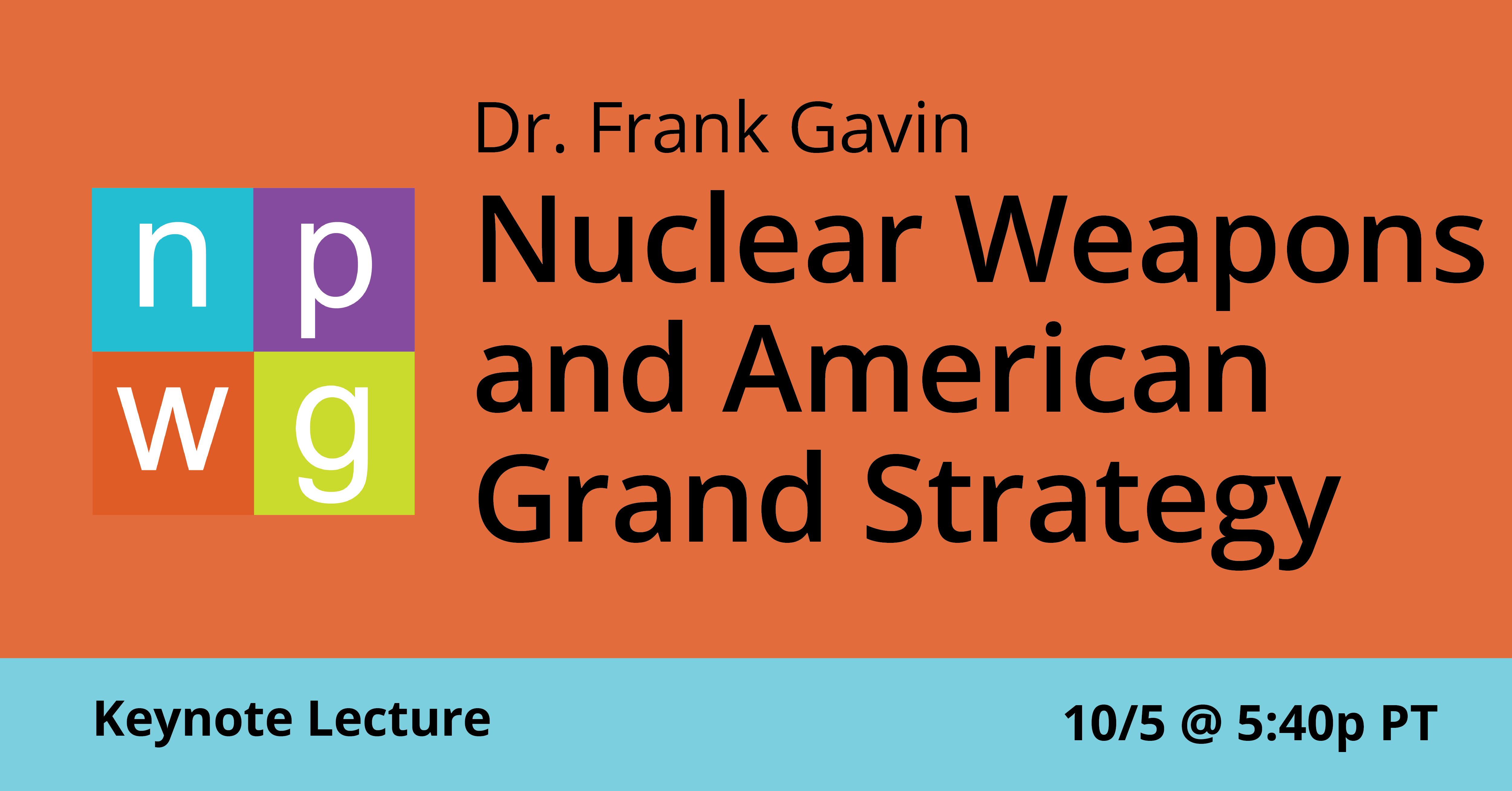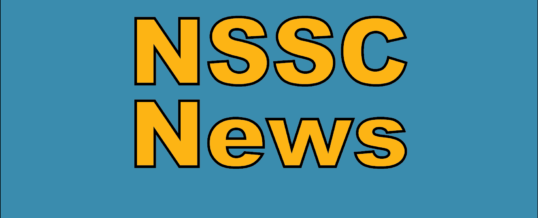
RSVP to receive meeting info HERE.
The world first confronted the power of nuclear weapons when the United States dropped atomic bombs on Hiroshima and Nagasaki in August 1945. The global threat of these weapons deepened in the following decades as more advanced weapons, aggressive strategies, and new nuclear powers emerged. Ever since, countless books, reports, and articles—and even a new field of academic inquiry called “security studies”—have tried to explain the so-called nuclear revolution.
Francis J. Gavin argues that scholarly and popular understanding of many key issues about nuclear weapons is incomplete at best and wrong at worst. Among these important, misunderstood issues are: how nuclear deterrence works; whether nuclear coercion is effective; how and why the United States chose its nuclear strategies; why countries develop their own nuclear weapons or choose not to do so; and, most fundamentally, whether nuclear weapons make the world safer or more dangerous. These and similar questions still matter because nuclear danger is returning as a genuine threat. Emerging technologies and shifting great-power rivalries seem to herald a new type of cold war just three decades after the end of the U.S.-Soviet conflict that was characterized by periodic prospects of global Armageddon. Nuclear Weapons and American Grand Strategy helps policymakers wrestle with the latest challenges. Written in a clear, accessible, and jargon-free manner, the book also offers insights for students, scholars, and others interested in both the history and future of nuclear danger.
Francis J. Gavin is the Giovanni Agnelli Distinguished Professor and the inaugural director of the Henry A. Kissinger Center for Global Affairs at SAIS-Johns Hopkins University. In 2013, Gavin was appointed the first Frank Stanton Chair in Nuclear Security Policy Studies and Professor of Political Science at MIT. Before joining MIT, he was the Tom Slick Professor of International Affairs and the Director of the Robert S. Strauss Center for International Security and Law at the University of Texas. Gavin is the Chairman of the Board of Editors of the Texas National Security Review. His writings include Gold, Dollars, and Power: The Politics of International Monetary Relations, 1958-1971 and Nuclear Statecraft: History and Strategy in America’s Atomic Age. His latest book, Nuclear Weapons and American Grand Strategy, was published by Brookings Institution Press in 2020.
If you have any issues accessing the Zoom meeting, or do not receive a Zoom link after RSVPing, please send us a message through the contact form!
SEP


